Since early 2020, artist Ali Baskerville has been collaborating with Multistory to meet, and work, with womxn and non-binary people in Sandwell to create a feminist ‘survival guide’. The project both responds to an urgent need for personal safety initiatives that focus on empowering those who, due to structural oppression, are most at risk of violence; and provides an opportunity to explore some of these issues through sharing and creativity.
The project has been informed by ROAAAR, a personal safety initiative for womxn and non-binary people that focuses on nurturing emotional and physical resilience through online and in person self-defence workshops, founded by Ali and supported by Fatima Ben of Blossoms Self Defence. Multistory worked with them to co-create a programme of workshops for local residents, incorporating ROAAAR’s self-defence practice, as well as creative storytelling and photography as a means of exploring questions around safety.
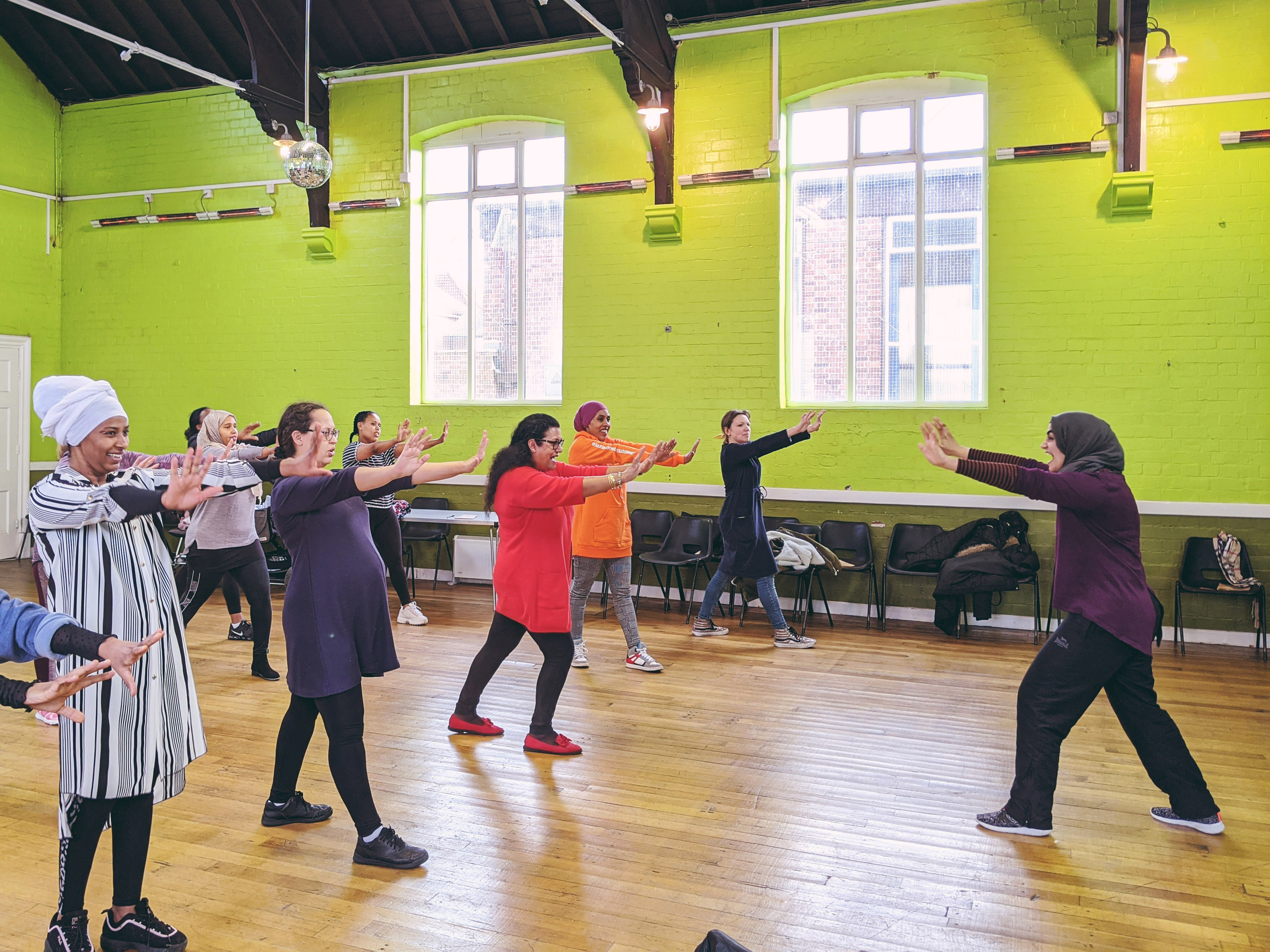
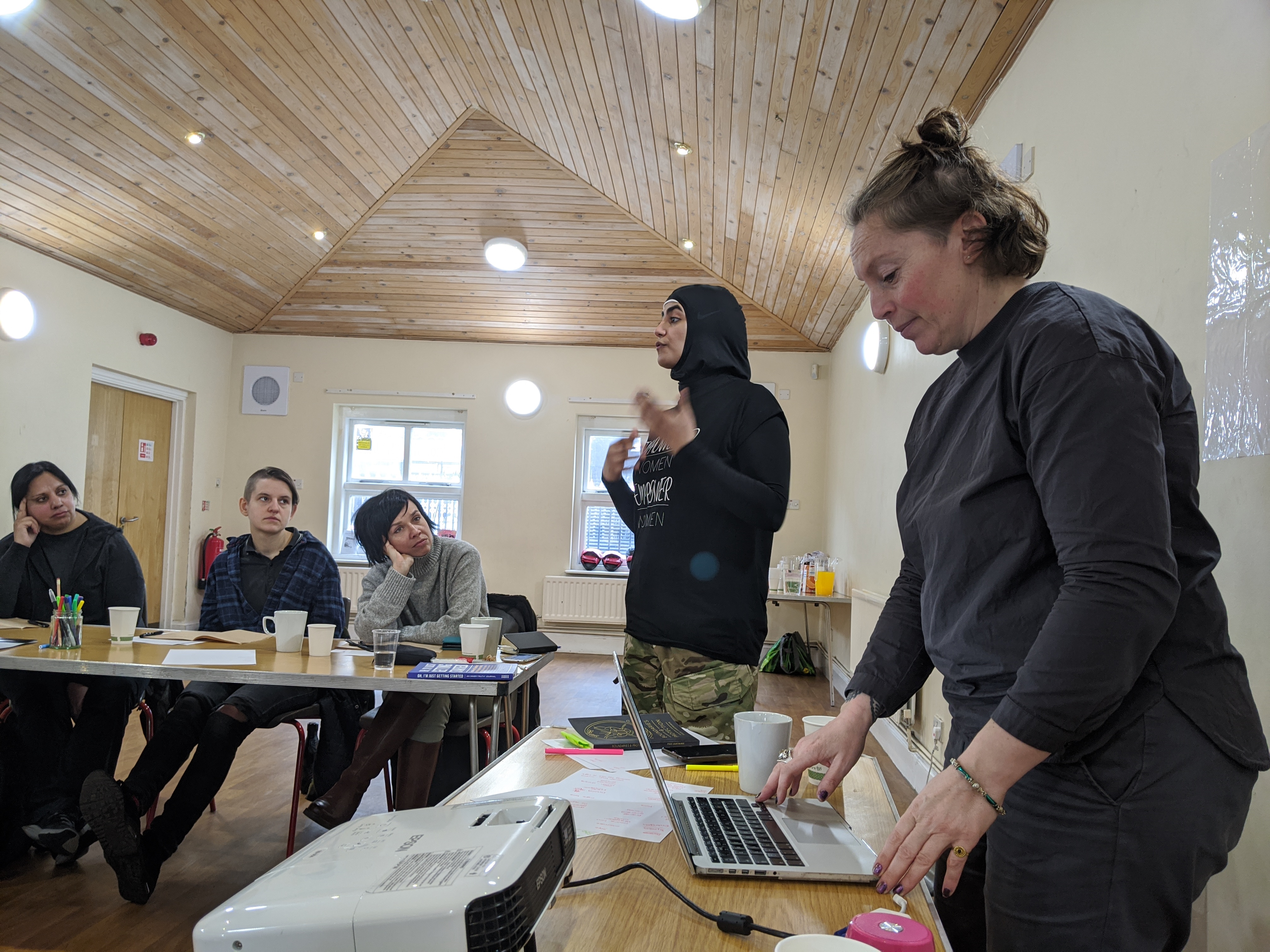
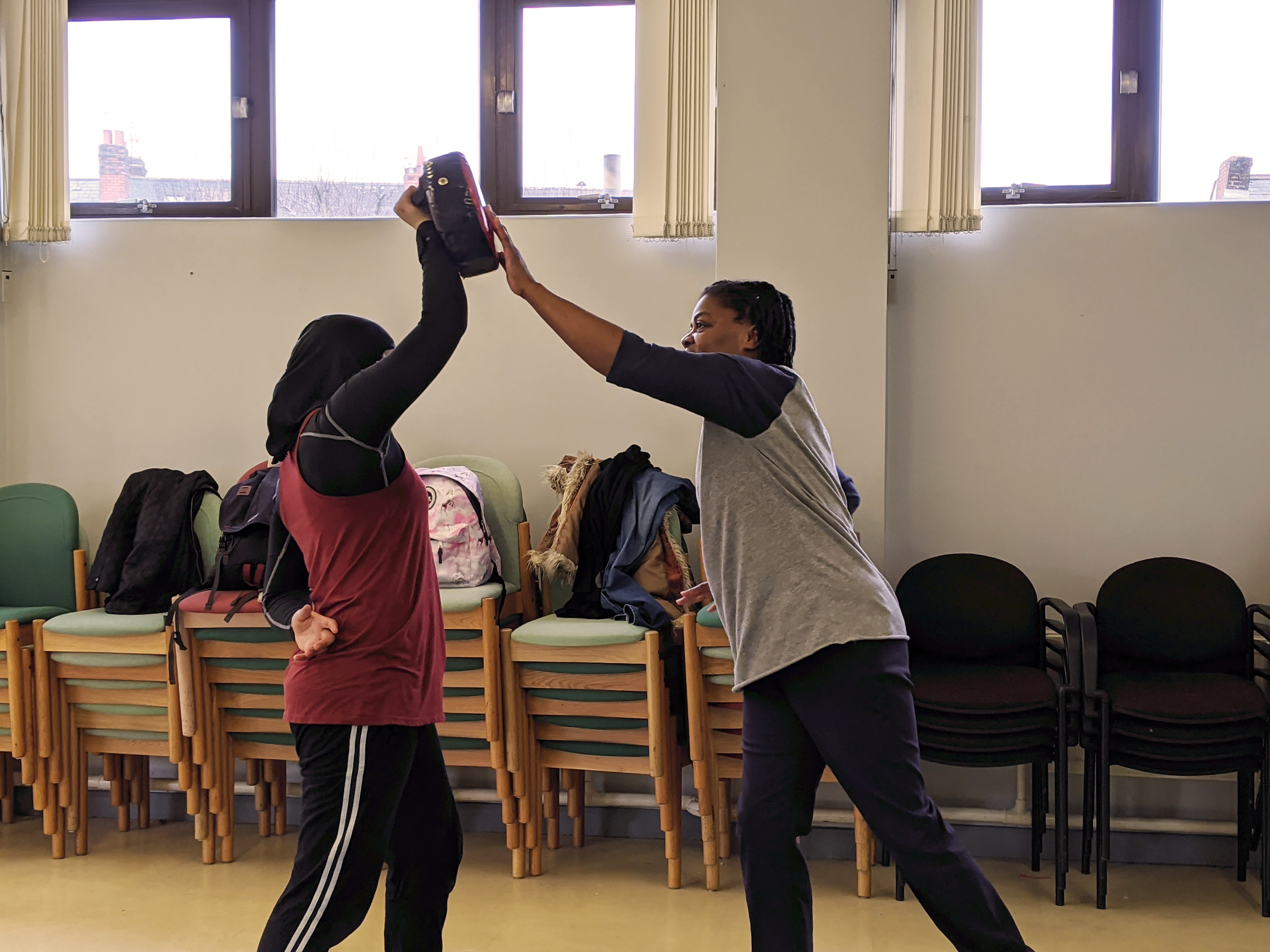
As part of the programme, we worked with Sandwell Youth Service to host a two-day session with young people based in Tipton. On the first day, Ali and Fatima hosted a ROAAAR safety session and a collage activity and on the second day we invited artist and producer Danni Ebanks-Ingram to lead a plaster sculpture workshop. The young people created casts of their hands and used collage techniques to adorn their sculptures with empowering words and images that spoke of their experiences around safety and emotional resilience.
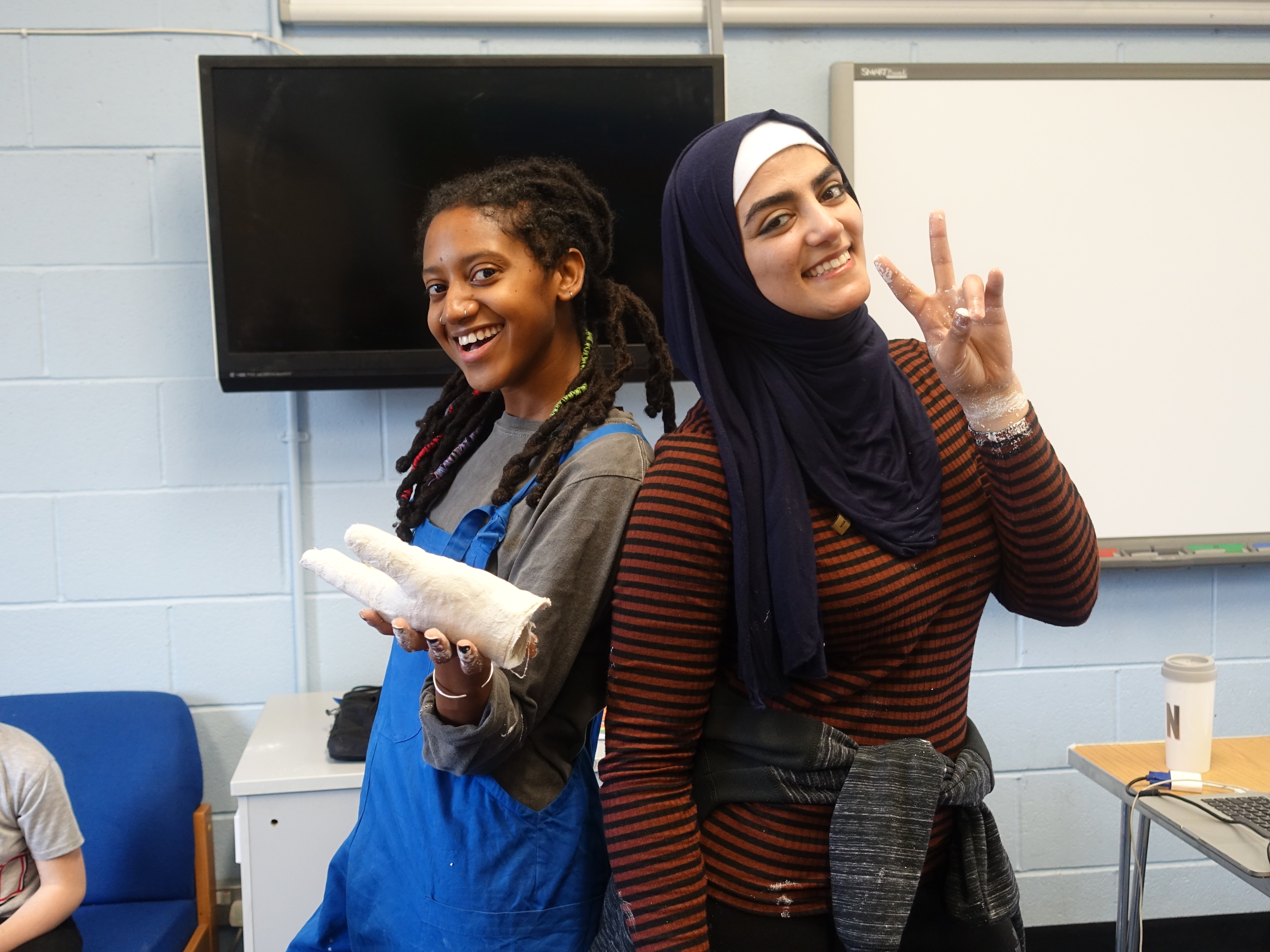
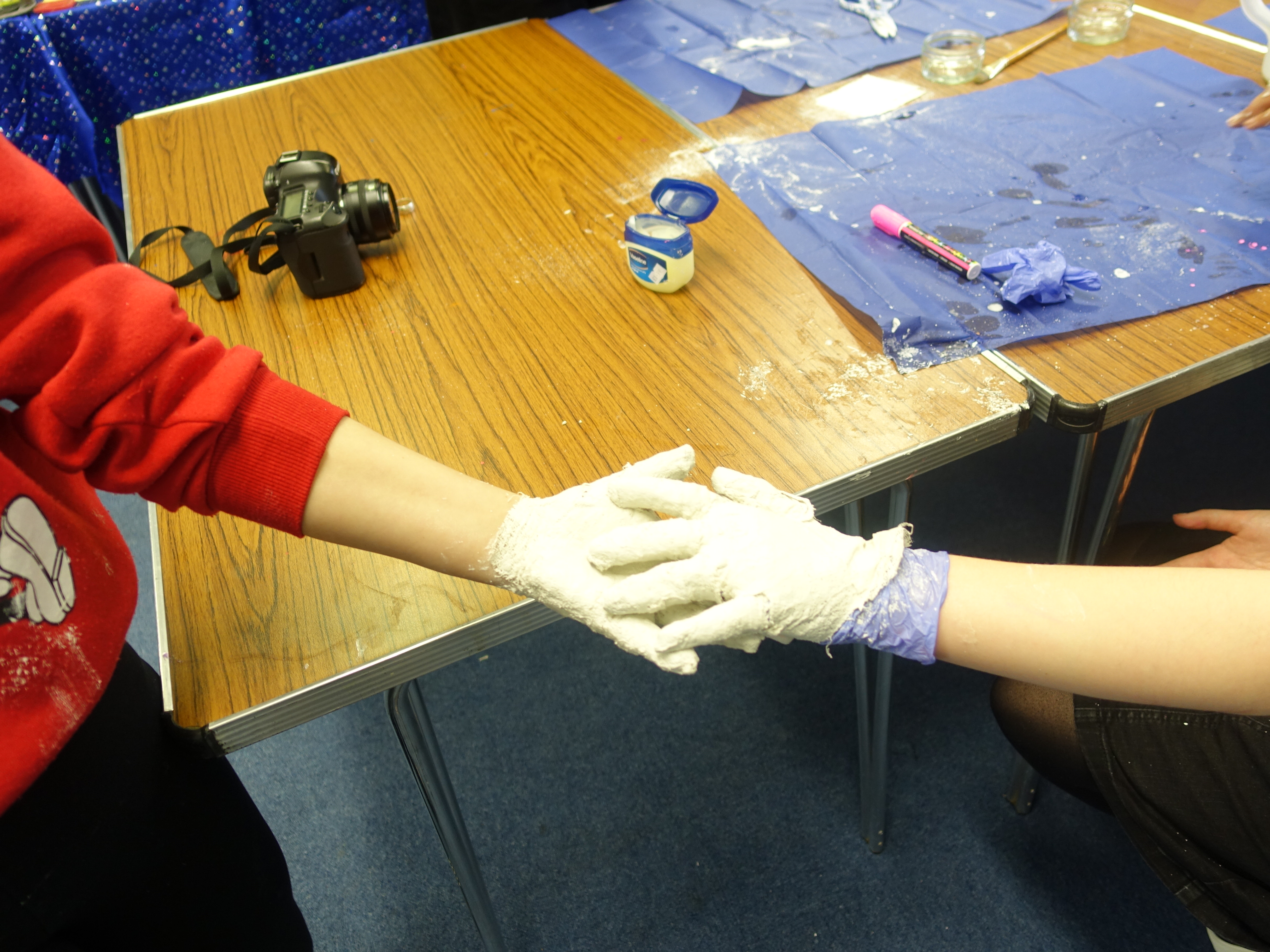
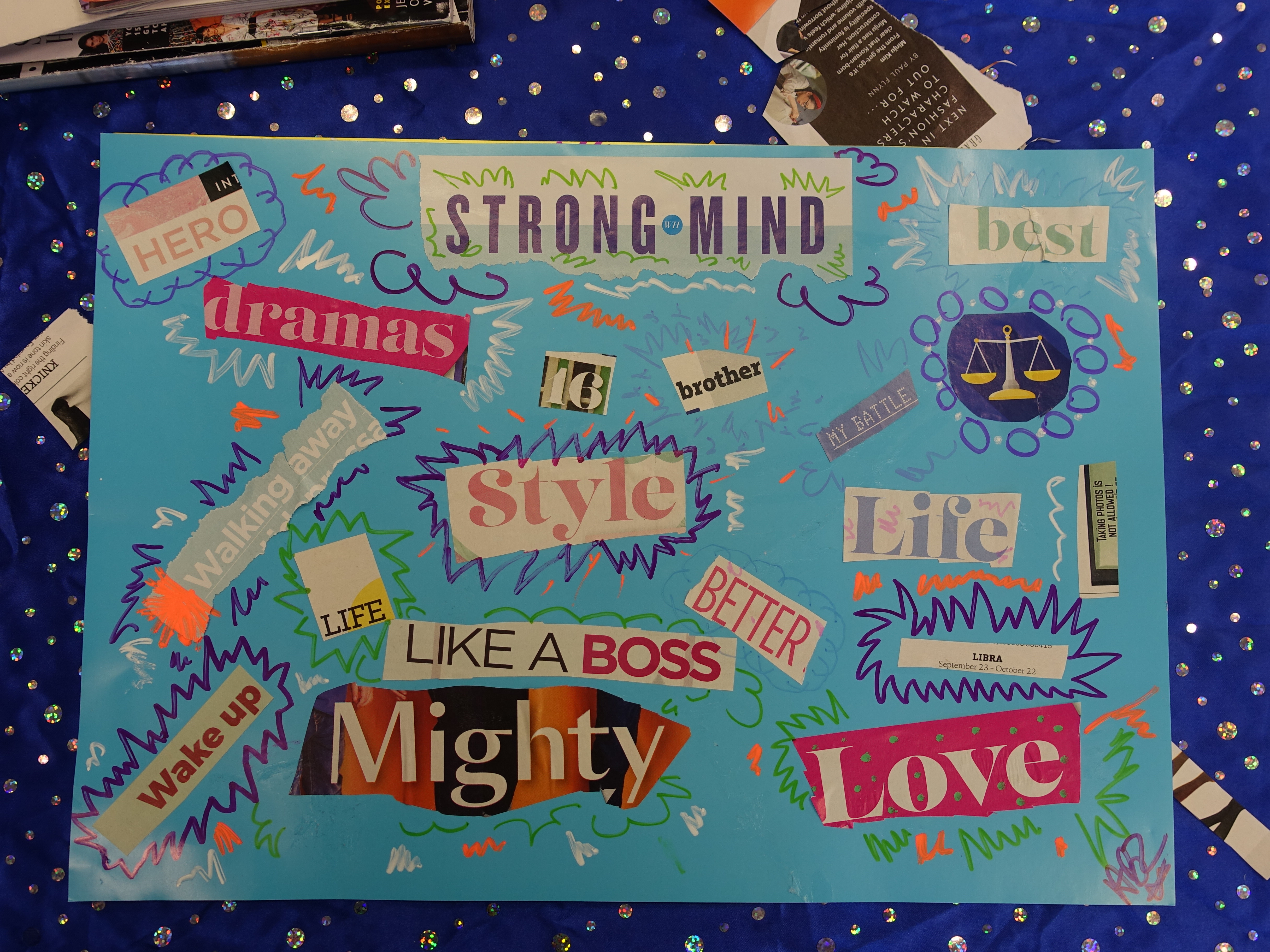
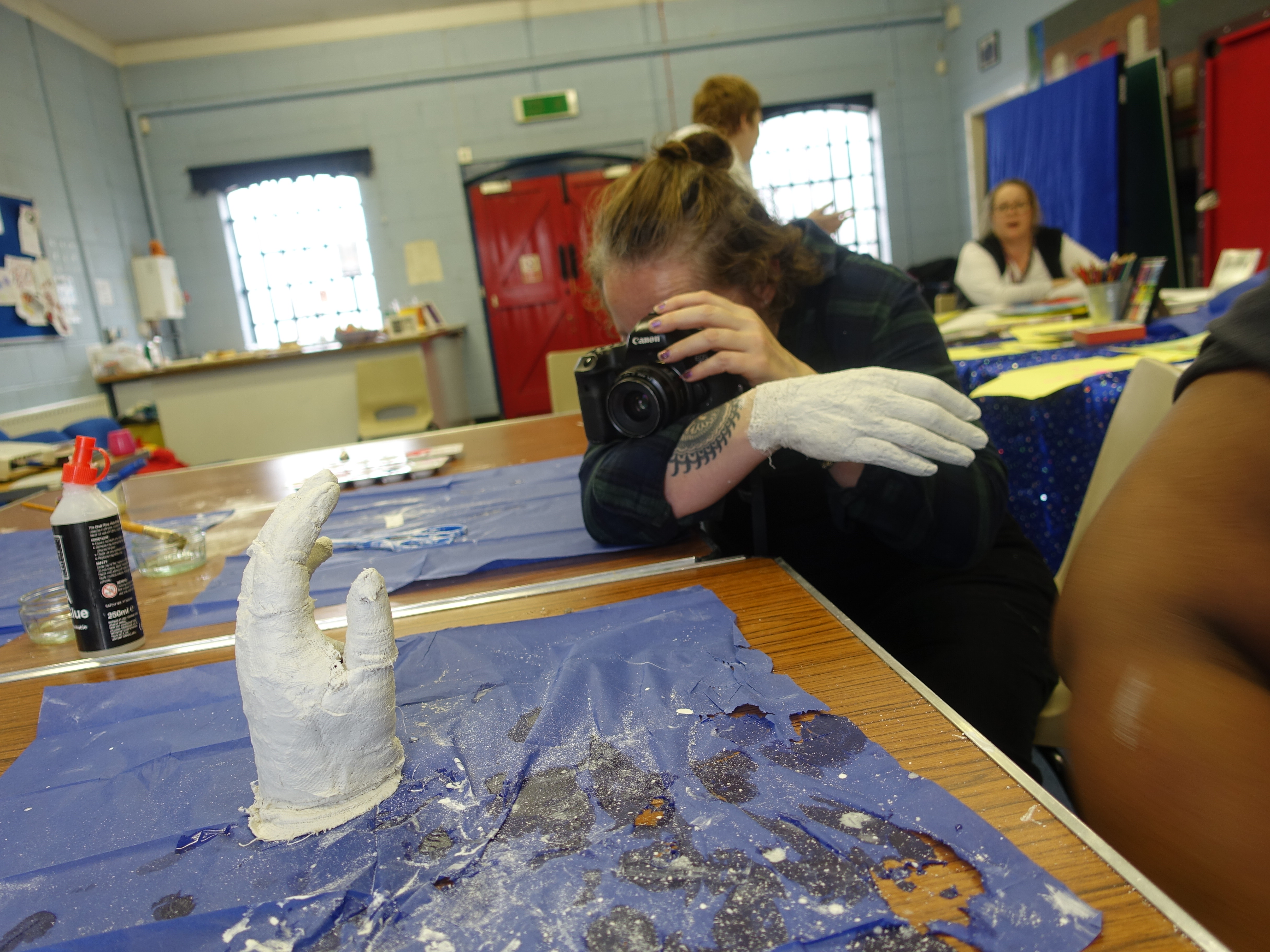
Since March 2020 creative sessions around safety and resilience have had to move online and, throughout the lockdown period, we have hosted digital workshops and stayed in touch with participants where possible. The plan was to incorporate photographs taken by Ali but due to the ongoing lockdown this has not yet been possible. We continued to deliver online workshops with MARKit, a creative group of womxn and mothers newly arrived to the UK set up by MotherShip Projects, as well as Sandwell Visually Impaired.
Some of the workshops invited participants to explore safety through a personal object. They spoke of how feeling safe is sometimes a sensorial experience; an object can hold many meanings; can ground us and put us in touch with ourselves. We invited writer Jasmine Gardosi to lead an online creative writing workshop that guided people to write their personal toolkit for surviving a crisis, as well as a letter to their past self.
Sandra, a project participant speaks about her ‘object of safety’:
“Jangles, my guide dog, makes me feel safe because I feel like I can get from A to B with her, relatively safely. A lot safer than I would with a cane. I also feel safe with her, because I feel like if I get lost, I can talk to her without people thinking, ‘What’s that woman doing walking along the street talking to herself?’ (laughs) – and also because they can see that I’ve got the dog! But also, I feel it gives me an element of safety in terms of, maybe people will be less inclined to accost me. Well, they still do – if they’re kind and nice, they always want to stroke the dog; but anybody who’s got nasty thoughts in mind, might be a bit worried that she’d turn on them (though I doubt she would!). But also, it’s the reassurance really of having another living thing with me. So she’s my object of safety. And at home too, especially now in isolation. It’s nice having another living being with me. She’ll be ten on the 1st of January, and I’ve had her since she was 18 months old; so eight and a half years together pretty much.”
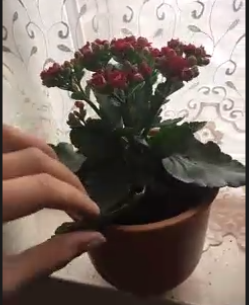
Ali also interviewed some of the workshop attendees, whose stories will be included in the manual. The themes in these stories include the empowering daily practice of creativity (gardening, art and craft making, cooking); the freedom found through sexual expression; and the importance of self-love, boundaries and time for yourself.
Many times, people spoke of how they found power, safety and healing in community, in the support of friends and family. Many of the people who attended the workshops cited online meetings and events as being vital to their mental health and their feelings of wellbeing, hope, safety and connectedness throughout the past year.
Sozan, a project participant said:
“A year ago, I was working with MotherShip Project. Every week, we met as a group of womxn from different countries, different cultures, chatting and sewing and I learned many things. So, since lockdown came, we Zoom every Monday with the same women and I am so happy, excited and interested in doing new things. It makes me feel better, when I was sometimes angry because I was scared of Coronavirus: in the news, in every country, many people, they are dying, they are scared. But when I do Zoom with my friends, I am comfortable, I feel better and safe. Making friends, learning about new countries, new cultures, that makes me happy and comfortable.”
Covid-19 has highlighted the huge inequalities in access to technology that exist in the UK, with many facing digital exclusion at a time where infrastructures have shifted to virtual. Using digital and physical approaches to reach people has been important to ensure that we are providing layered points of access to participating in the project. In order to enable people to stay involved, we created activity packs which we distributed through local youth groups and to some of the people who took part in the in-person workshop programme (pre-Covid!). This year has challenged us to explore new methods of engagement and we are determined to maintain these approaches in a post-lockdown world.
” The idea behind this is that a lot of personal safety training has barriers to it, including financial ones, and also some training spaces you might feel unsafe in depending on who’s there. This is the reason why ROAAAR has been providing this training, to give those who wouldn’t ordinarily get access to safety training a space to be able to do it. The online sessions with Multistory gave us a chance to keep checking in with people over COVID-19 where our situations became different; where people used to feel safe has now changed, and that’s the issue with how we feel safe, it’s often fluid. By keeping in touch with people over the lockdown we were hoping to keep that connection and also to help them think about where they might feel safe, and some of the coping strategies they could put in place.” – Ali Baskerville
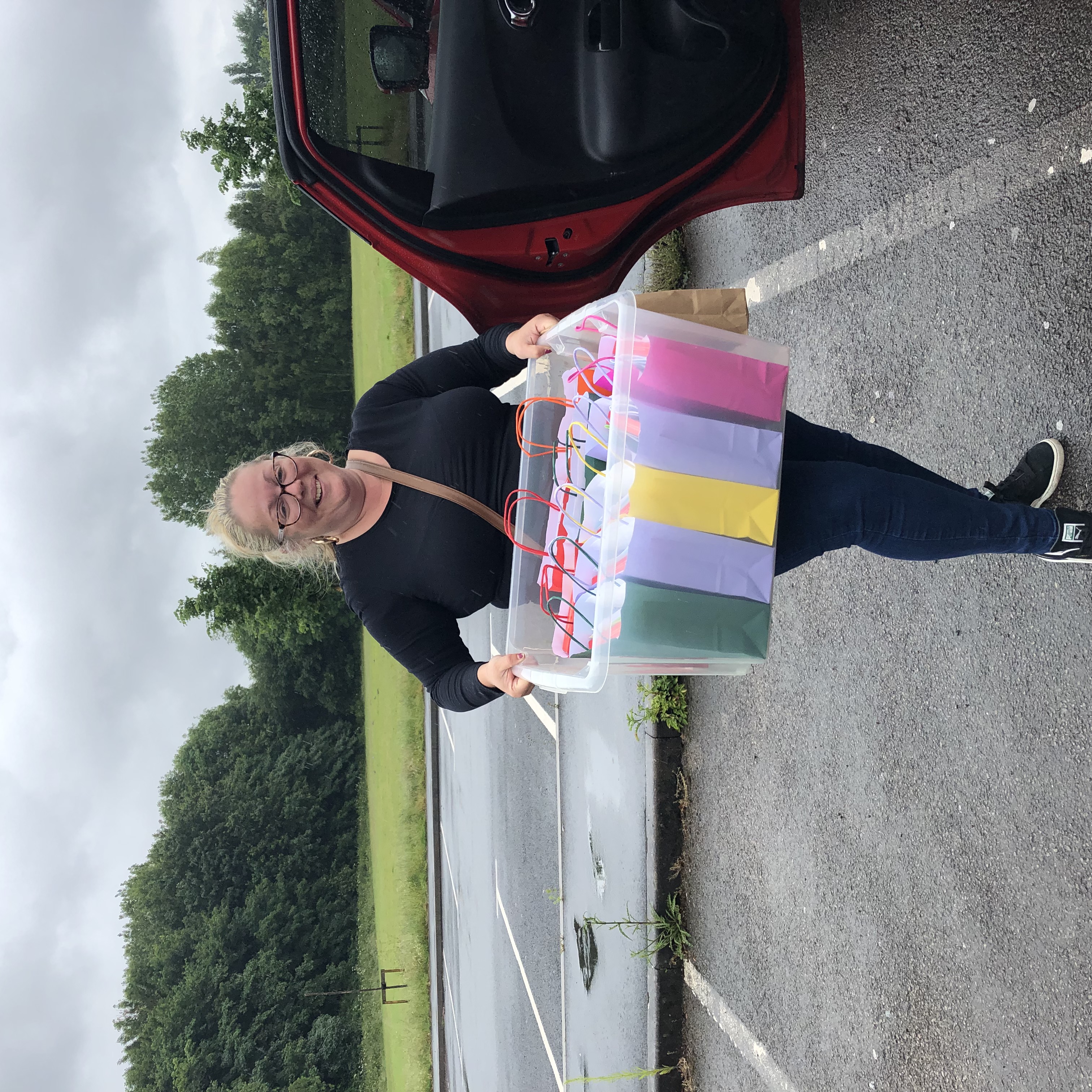
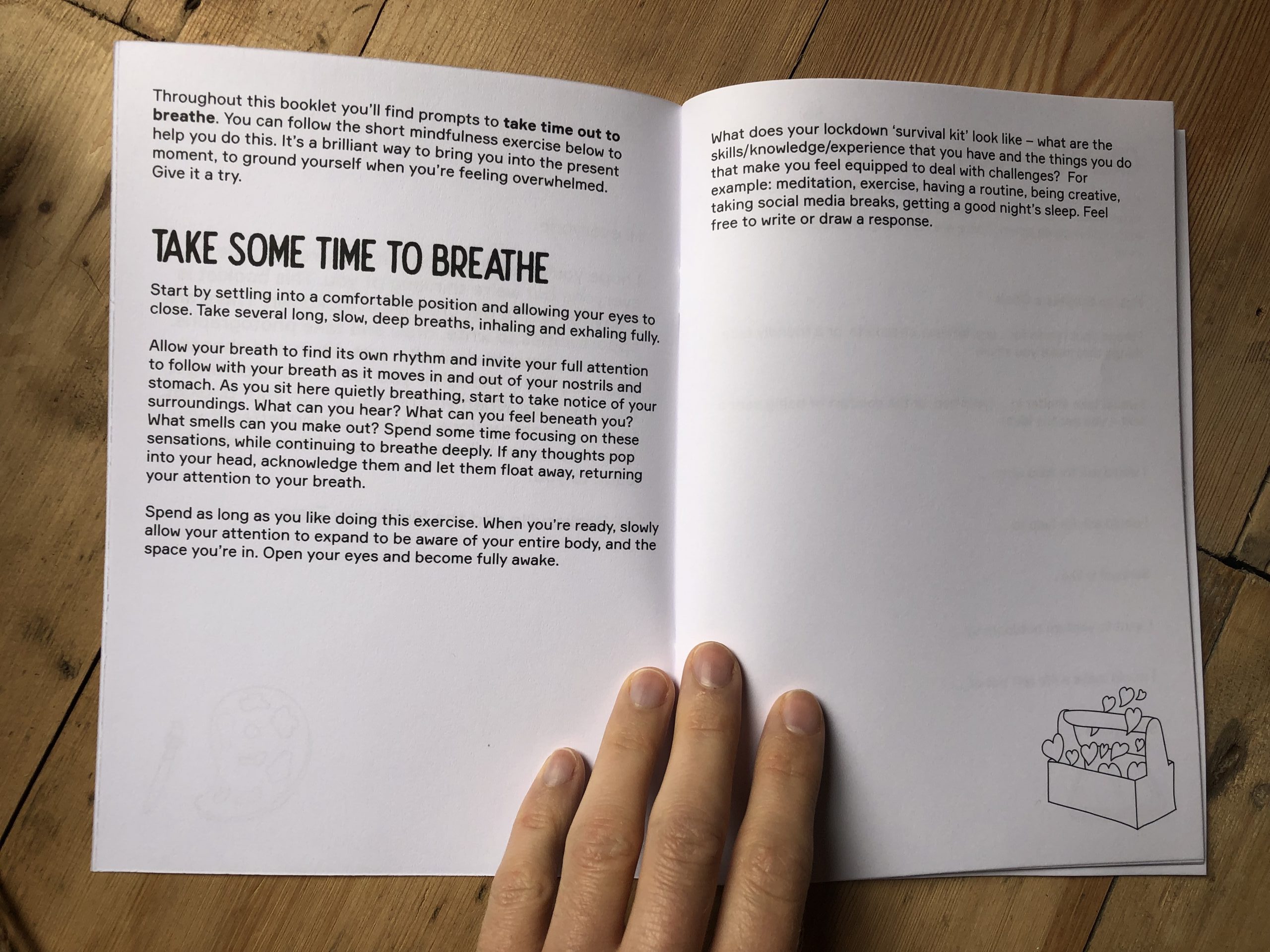
We’re looking forward to sharing the manual with you in May this year; available for free in print and as a downloadable PDF. It will include contributions and stories from people who took part in the workshops; written pieces by local creatives and personal safety experts; an instructional guide to practical survival skills; resources from local community organisations; and hand drawn illustrations by Louise Byng. The manual will offer an alternative approach to the usual self-defence guide; as well as incorporating physical self-defence tips, it will give guidance on situational awareness, self-care and emotional safety.